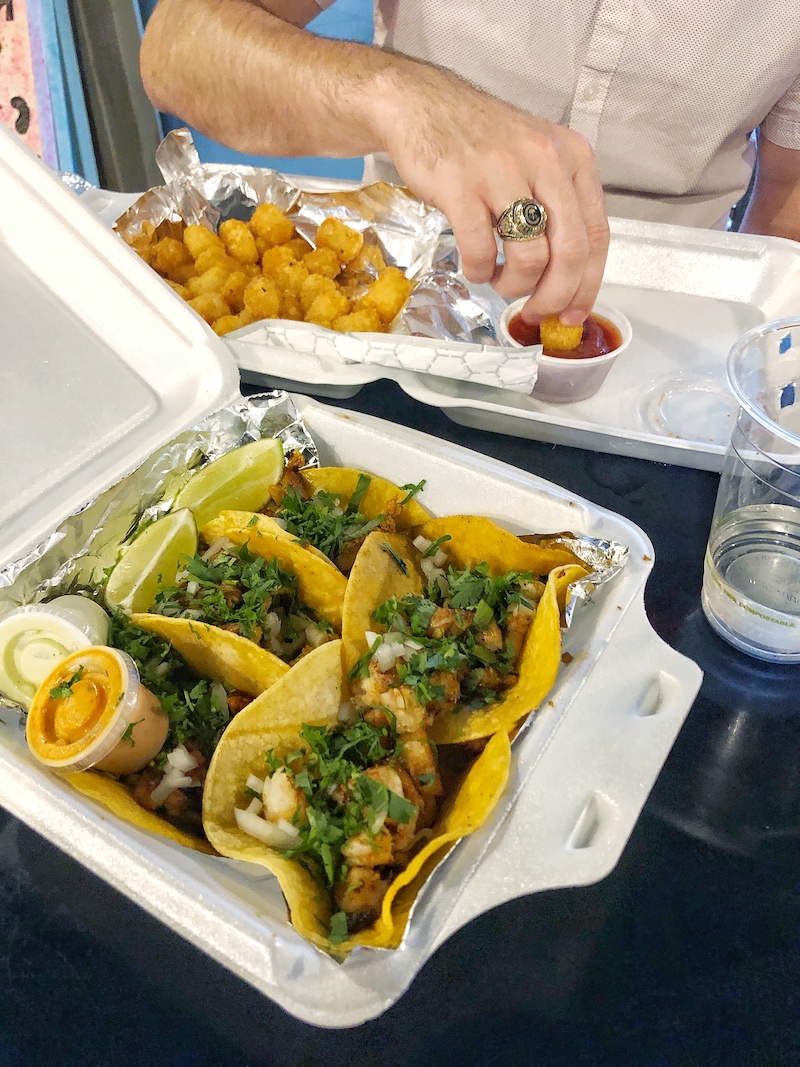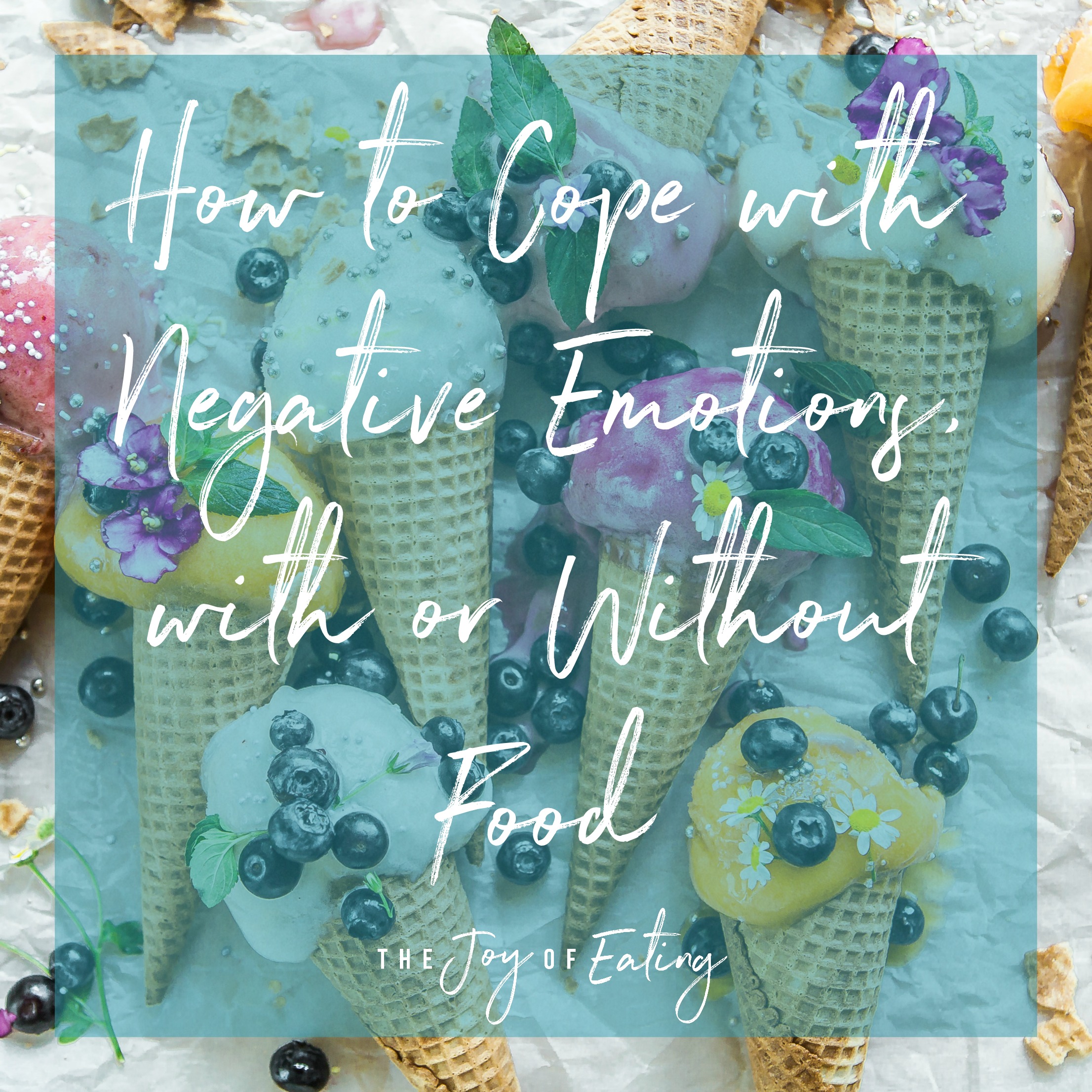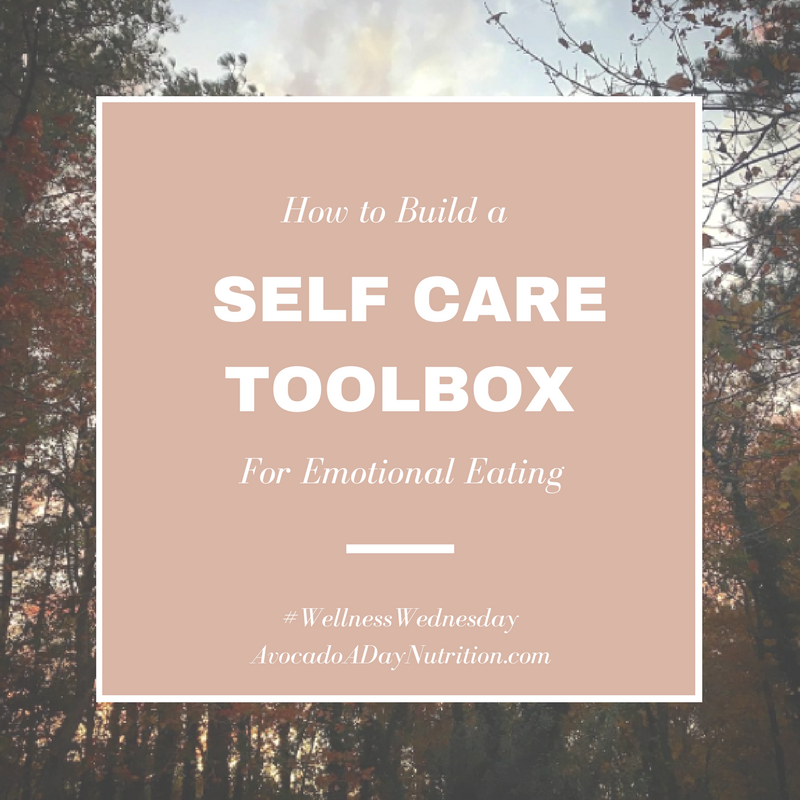Why Emotional Eating Isn't Bad For You in Intuitive Eating
Feeling guilty for emotional eating? Stop. Even though one principle of intuitive eating is coping with emotions without food, it’s still totally OK to emotionally eat. Learn why emotional eating isn’t bad for you, and can be a perfectly acceptable way to cope with strong emotions.
I want to start off stating something that's really obvious.
Humans are emotional creatures. We have this crazy complex organ inside our head (i.e. a brain) which is hardwired to feel a wide range of complex, and sometimes intense or uncomfortable emotions depending on what thoughts are traveling through our brain synapses. Many of these emotions, and the behaviors we engage in as a reaction to them, are part of innate survival mechanisms, and without them, humans simply wouldn't be on this planet. Pretty much everything we do is in some way driven by emotions.
So, why do we think eating without emotion is even possible, or desirable? Emotional eating gets a bad rep, but consider the alternative. Emotionless eating? No thanks.
Why Emotional Eating Isn't Bad For You
Emotional eating is okay. Really. Eating is a perfectly acceptable way to cope with intense or uncomfortable emotions. Feeling frustrated about something that didn’t go your way? A big bowl of ice cream might actually make you feel better. Feeling lonely after moving to a new town? Spending an evening baking a family recipe for cheesy lasagna from scratch might make you feel comforted and connected. Feeling stressed after an over scheduled week at work? You can open up a big bag of chips and decompress on the couch in front of the TV. These are all perfectly acceptable ways you choose to soothe emotions with food.
When it’s Tuesday and it’s already been A WEEK. Last night got food truck tacos, tots and a beer with the family, and it was a VERY welcome distraction/comfort after an exhausting couple of days.
The key word here is choice. When you are making an intentional decision to soothe with food, then there’s actually a chance that it will help you feel better. By bringing some intentionality to your emotional eating, you’re much more likely to savor your food and the experience of eating it. But when emotional eating is impulsive and reactive, you’re more likely to eat in a way that’s disconnected, and feel worse than you did before.
While emotional eating isn’t bad for you, it does become a problem when it's your only coping mechanism. If food is your only coping mechanism, then you don't really have the opportunity to make a choice, because there’s no other options. Emotional eating becomes a default, a trap. That's why learning other coping mechanisms is so powerful - it gives you back the power of choice. While the 8th principle of Intuitive Eating is “cope with emotions without food",” I like to think of it as “with or without food” - and I have discussed this addition with Evelyn Tribbole herself so I promise I’m not going rogue here! For more on learning other coping strategies, read this post on how to build a self care toolbox.
Having a friend there always makes emotional eating a more enjoyable experience. Having one of my top two favorite cookies in Cola with a friend!
How to Emotionally Eat in a Positive Way
Instead of looking at intuitive eating as a no emotional eating diet, consider situations where food actually makes you feel better. Here’s a few examples of positive emotional eating experiences I’ve had or that clients have shared with me recently:
Ordering in pho and watching a movie with Scott after a really exhausting week
Going out for tacos and a beer after a fight with a spouse
Ordering in a favorite pizza while stressed and studying for finals
Baking cookies when feeling bored at night
Eating a frozen meal in bed when feeling really tapped out and in need of some introvert time
Remember, food is one way to cope with emotions, and in some situations, it might be the only coping tools that’s available. Certainly, there are more harmful ways to cope (hello drugs and alcohol!). At the end of the day, it’s just cookies! If you do choose to emotionally eat, consider how you can do so with some mindfulness and intention.
That said, while food can soothe or distract or give you some space, it can’t help you process difficult things, so we have to look beyond food as a way of coping with challenging things. Whether that’s learning new coping skills and/or going to therapy, if you struggle with emotional eating, it’s important to learn new ways of coping without food.
Does this resonate with you? What are examples of times you’ve been able to emotionally eat in a positive way?








